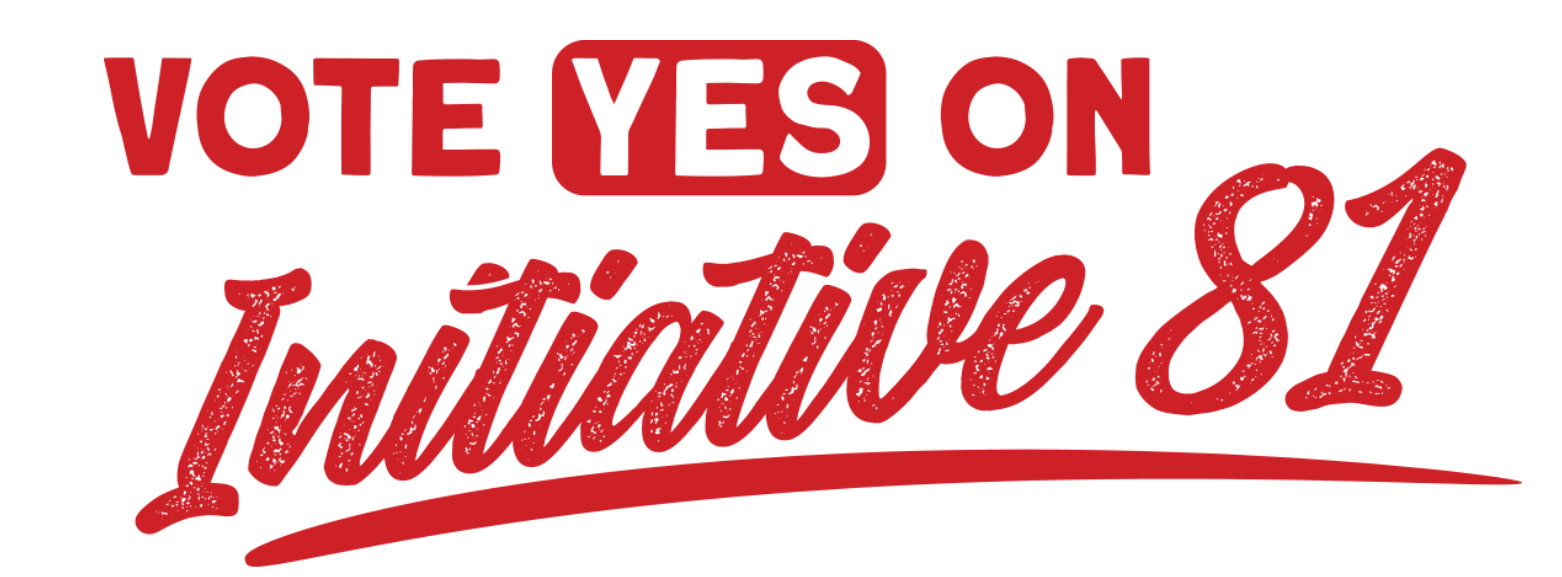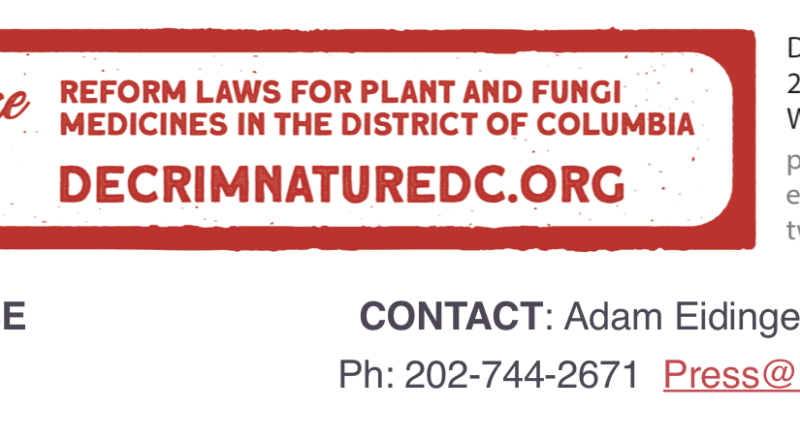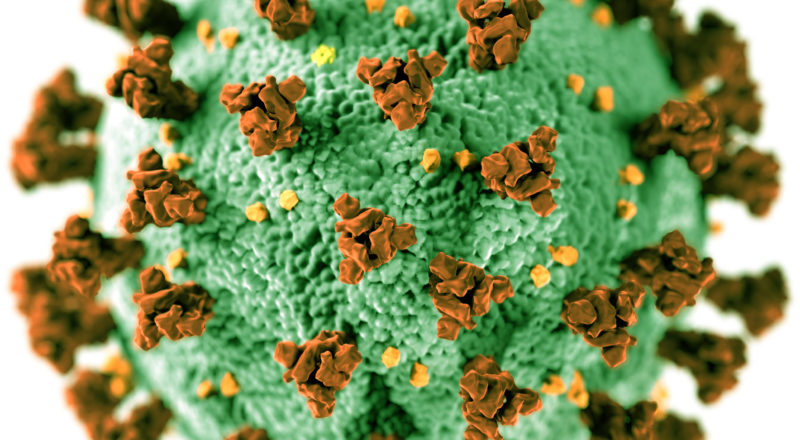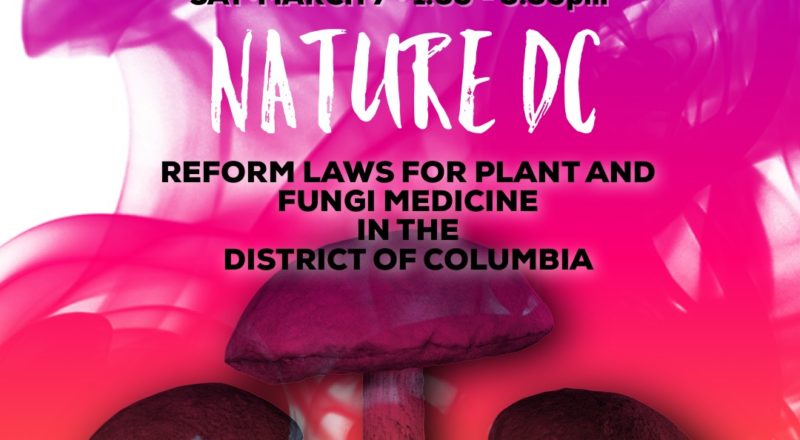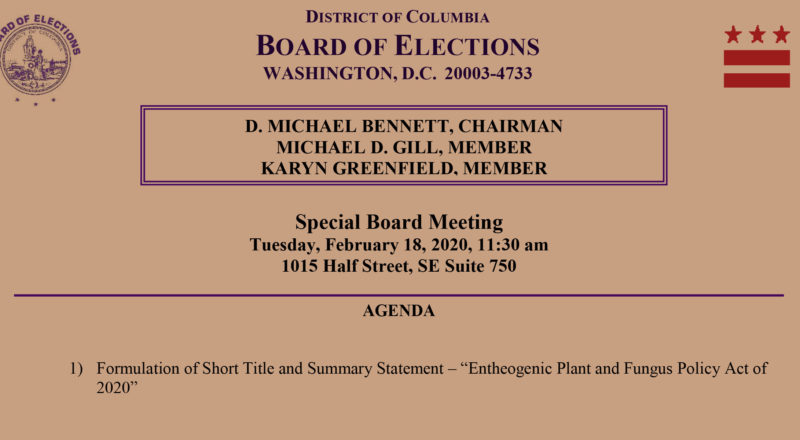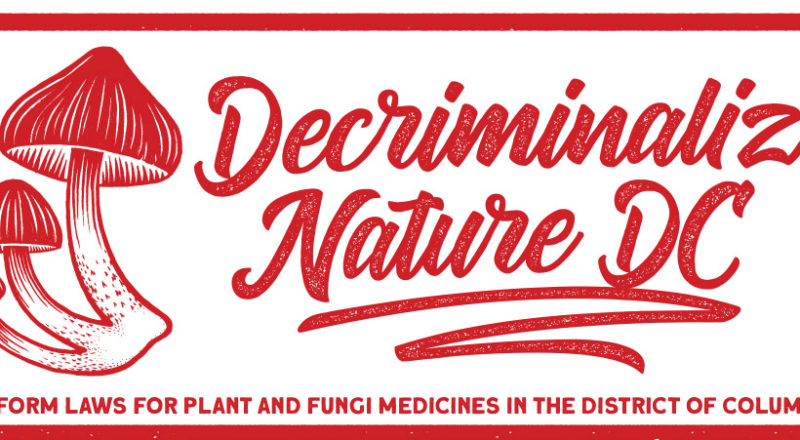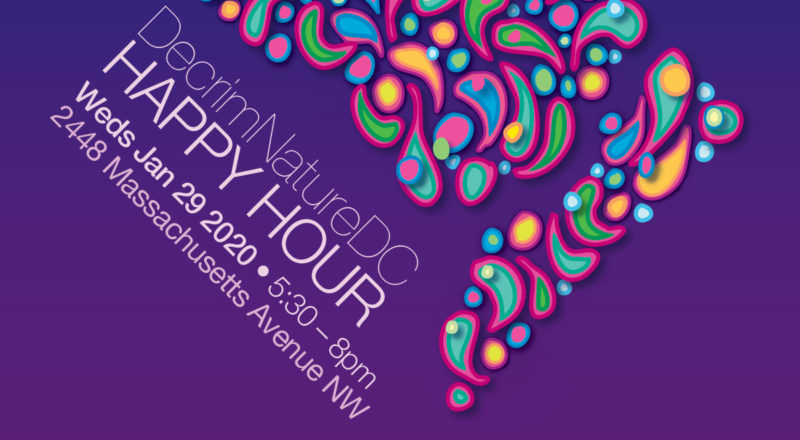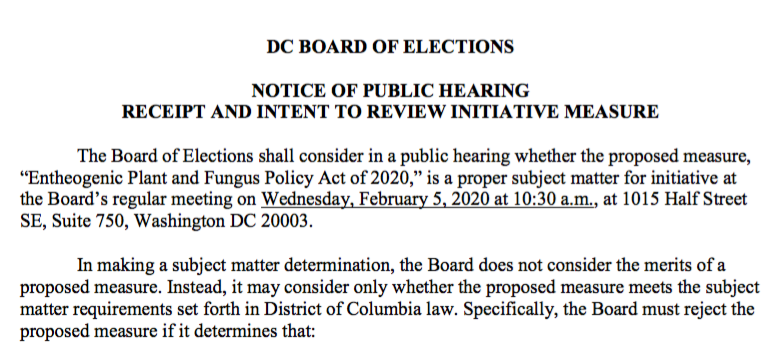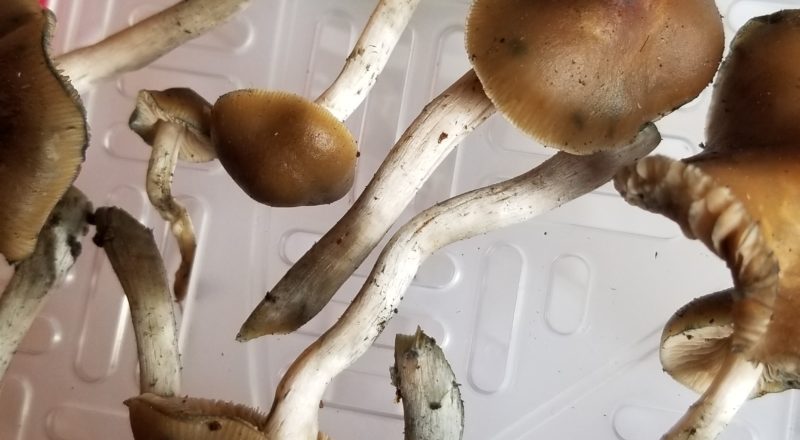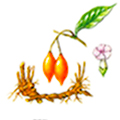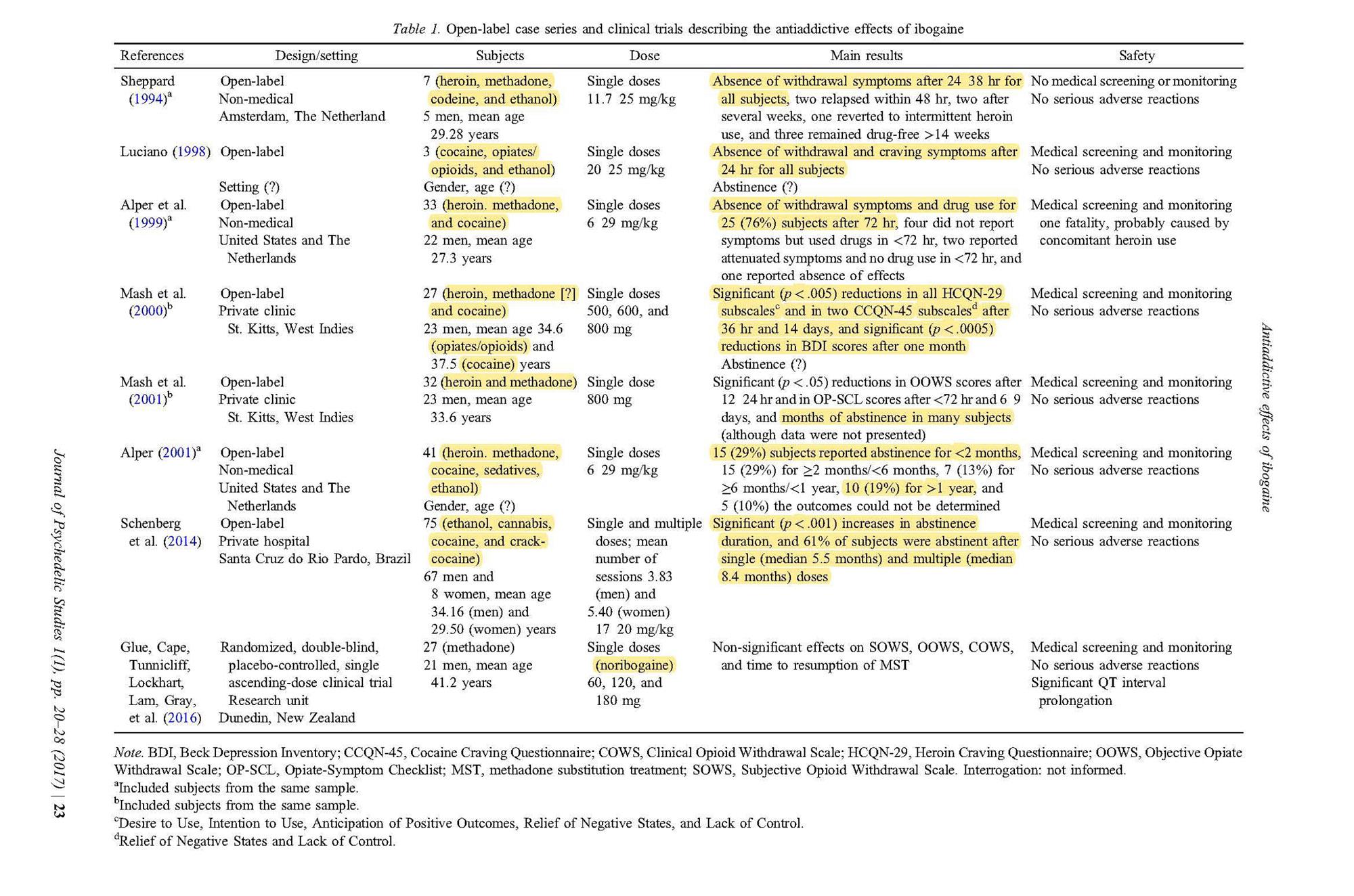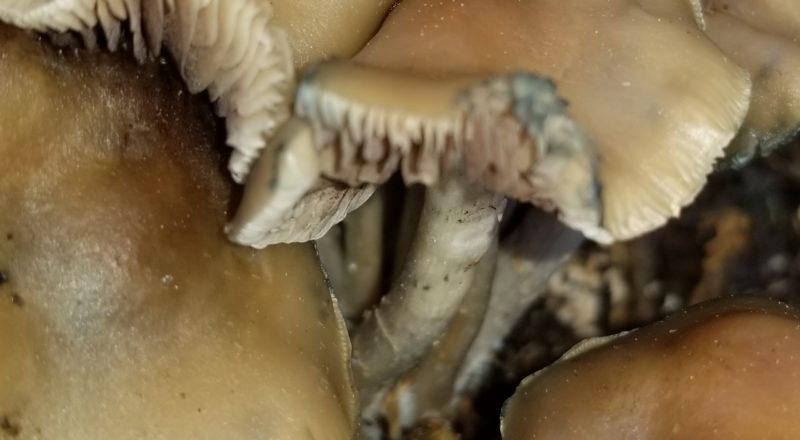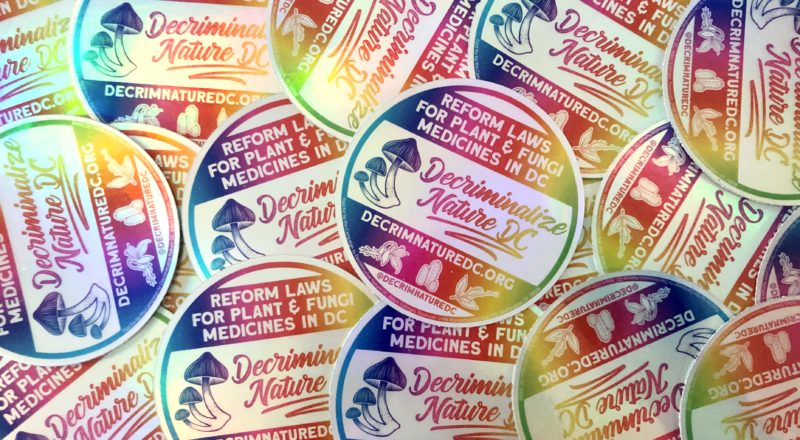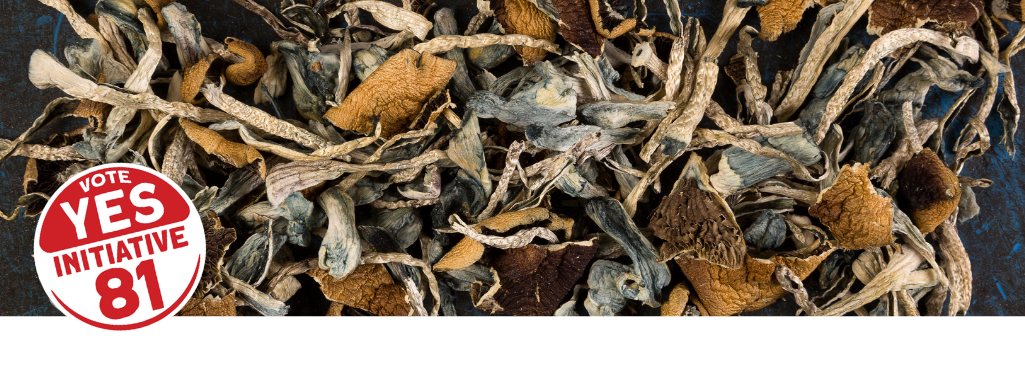Deprecated: Function wp_make_content_images_responsive is deprecated since version 5.5.0! Use wp_filter_content_tags() instead. in /home/1/g/gm/gmo917/decrimnaturedc.org/public_html/wp-includes/functions.php on line 6078
Deprecated: Function wp_make_content_images_responsive is deprecated since version 5.5.0! Use wp_filter_content_tags() instead. in /home/1/g/gm/gmo917/decrimnaturedc.org/public_html/wp-includes/functions.php on line 6078
Deprecated: Function wp_make_content_images_responsive is deprecated since version 5.5.0! Use wp_filter_content_tags() instead. in /home/1/g/gm/gmo917/decrimnaturedc.org/public_html/wp-includes/functions.php on line 6078
Letter to Mayor & DC Council Concerning Petitioning and Coronavirus
March 3, 2020
The Honorable Muriel Bowser
The Honorable Phil Mendelson
The Honorable Charles Allen
The Honorable Anita Bonds
The Honorable Mary Cheh
The Honorable David Grosso
The Honorable Kenyan McDuffie
The Honorable Brianne K. Nadeau
The Honorable Elissa Silverman
The Honorable Brandon T. Todd
The Honorable Robert C. White, Jr
The Honorable Trayon White, Sr.
John A. Wilson Building
1350 Pennsylvania Ave., N.W.
Washington, D.C. 20004
Dear Mayor Bowser and Members of the Council:
We are, respectively, the proposer of and the treasurer of the ballot committee supporting the Entheogenic Plant and Fungus Policy Act of 2020, an initiative measure. We are writing about an urgent issue—the increasing spread of coronavirus COVID-19—that threatens the democratic process in the District. This extreme threat warrants the adoption of emergency legislation to ensure that the right of initiative can continue to be exercised.
On February 14, 2020, following a public hearing, the Board of Elections determined that the proposed initiative is a proper subject for initiative and accepted it pursuant to D.C. Code §1-1001.16(b)(2). On February 18, 2020, the Board of Election adopted the short title, summary statement and legislative language for the initiative pursuant to D.C. Code §1-1001.16(d), and was published in the Register on February 28, 2020.
Assuming there is no challenge to the title, summary statement, and legislative language, we anticipate that the petition form for the initiative will be distributed at the Board’s next public meeting on March 12, 2020. There will then be a limited time to collect the signatures—more than 35,000– in order to qualify the initiative to appear on the November 2020 general election ballot.
We are extremely concerned that the ability to collect signatures on the petition will be adversely affected by the threat of the coronavirus. The signature collection process would involve 50,000 incidents of hand-to-hand contact, with each collector coming in contact with potentially hundreds of people each day – an estimated 250,000 interactions across DC during the petitioning phase. There is a very serious risk that a combination of public fear and containment measures will make the traditional signature collection a practical impossibility—thus depriving the voters of their fundamental right to make their voice heard through the initiative process.
For that reason, we respectfully request that you develop and sponsor emergency legislation to authorize the Board of Elections to provide for online collection of signatures on initiative petitions in the event of a public health emergency involving government measures that restrict interpersonal contact and public gatherings.
While online voting has unique challenges, we believe that secure digital methods exist for the certification process of ballot initiatives. Specifically, a process could be put in place to enable each individual whose name was placed on the petition online, to verify that the individual actually signed the petition and to afford the opportunity for that signer to delete their name. A signer could go online to check and/or voters could be proactively contacted by the Board by email or regular mail. We also believe that the board of elections will save taxpayers money through this online format.
In that regard, we would note that the Charter of the City of Boulder Colorado was amended in 2018 to authorize the City Council to provide for “[e]electronic petitions and on-line electronic signing or endorsement of petitions….” (Boulder City Charter, sec. 38(b)).
We recognize the extraordinary nature of and challenges in crafting such legislation, and the implementing rules—but we are facing an extraordinary situation. Last week, one of the nation’s leading authorities on election law, Richard Hasen, Chancellor’s Professor of Law and Political Science at the University of California Irvine School of Law, wrote that–
Election officials . . . need to have a “plan B” to deal with intentional interference or natural disasters that can disrupt our democratic processes. The point is to come up with backup plans now, before disaster strikes. . . . Should we be unfortunate enough to be dealing with a coronavirus pandemic which disrupts normal life in the United States during this period, we need to ask how is this going to affect these democratic processes? ….I don’t have any answers to these question. But I hope that people in authority are beginning to grapple with them.
We would be happy to work with appropriate staff in developing such emergency legislation, including submitting proposed language and identifying issues that need to be addressed.
Thank you for your continued leadership on this issue, and for your time and attention to this urgent matter facing the residents of the District of Columbia.
Sincerely yours,
Melissa Lavasani Adam Eidinger
Proposer Treasurer
Campaign to Decriminalize Nature DC Campaign to Decriminalize Nature DC
Click here to download a copy of this letter
Banner graphic modified from the Centers For Disease Control illustration of COVID-19
Deprecated: Function wp_make_content_images_responsive is deprecated since version 5.5.0! Use wp_filter_content_tags() instead. in /home/1/g/gm/gmo917/decrimnaturedc.org/public_html/wp-includes/functions.php on line 6078
All Hands Meeting – Saturday, March 7
The Campaign to Decriminalize Nature DC is well underway and YOU are invited to join our efforts to reform laws for entheogenic plants and fungi in the District of Columbia. Come meet members of the campaign team and learn how you can get involved!
Deprecated: Function wp_make_content_images_responsive is deprecated since version 5.5.0! Use wp_filter_content_tags() instead. in /home/1/g/gm/gmo917/decrimnaturedc.org/public_html/wp-includes/functions.php on line 6078
Press Release: DC Ballot Initiative to Decriminalize Entheogens Gains Unanimous Approval from DC Board of Elections
Deprecated: Function wp_make_content_images_responsive is deprecated since version 5.5.0! Use wp_filter_content_tags() instead. in /home/1/g/gm/gmo917/decrimnaturedc.org/public_html/wp-includes/functions.php on line 6078
Press Release: Washington, DC Residents Announce Voter Initiative to Decriminalize Entheogenic Plants and Fungi
Deprecated: Function wp_make_content_images_responsive is deprecated since version 5.5.0! Use wp_filter_content_tags() instead. in /home/1/g/gm/gmo917/decrimnaturedc.org/public_html/wp-includes/functions.php on line 6078
Campaign Happy Hour!
The DC Psychedelic Society and the Campaign to Decriminalize Nature DC invite you to a special Happy Hour on Wednesday, January 29, 2020.
Come and meet the candidates running for the DC Psychedelic Society position on the DNDC steering committee.
Deprecated: Function wp_make_content_images_responsive is deprecated since version 5.5.0! Use wp_filter_content_tags() instead. in /home/1/g/gm/gmo917/decrimnaturedc.org/public_html/wp-includes/functions.php on line 6078
Notice of Public Hearing: February 5, 2020
DC BOARD OF ELECTIONS
NOTICE OF PUBLIC HEARING
RECEIPT AND INTENT TO REVIEW INITIATIVE MEASURE
The Board of Elections shall consider in a public hearing whether the proposed measure, “Entheogenic Plant and Fungus Policy Act of 2020,” is a proper subject matter for initiative at the Board’s regular meeting on Wednesday, February 5, 2020 at 10:30 a.m., at 1015 Half Street SE, Suite 750, Washington DC 20003.
In making a subject matter determination, the Board does not consider the merits of a proposed measure. Instead, it may consider only whether the proposed measure meets the subject matter requirements set forth in District of Columbia law. Specifically, the Board must reject the proposed measure if it determines that:
-
-
- The measure conflicts with or seeks to amend the Title IV of the DC Home Rule Act (“the District Charter”);
- The measure conflicts with the U.S. Constitution;
- The measure has not been properly filed;
- The verified statement of contributions (the measure committee’s statement of organization and report of receipts and expenditures) was not timely filed;
- The measure would authorize discrimination in violation of the DC Human Rights Act;
- The measure would negate or limit a budgetary act of the DC Council; or
- The measure would appropriate funds
-
Those who wish to testify at the hearing on the propriety of the proposed measure in light of the above-referenced criteria should contact the Board’s Office of the General Counsel at 202-727-2194 or ogc@dcboe.org and provide their name, address, telephone number, and name of the organization represented (if any) by no later than Friday, January 31, 2020, at 4:00 p.m.. Any written testimony or memoranda should be submitted for the record to the Board’s Office of the General Counsel, 1015 Half Street SE, Suite 750, Washington, DC 20003 or at ogc@dcboe.org by that date and time as well. Individuals shall be permitted a maximum of three minutes for oral presentations. Representatives of organizations shall be permitted a maximum of five minutes for oral presentations.
Click here to download this notice
Click here to read the Ballot Initiative
Deprecated: Function wp_make_content_images_responsive is deprecated since version 5.5.0! Use wp_filter_content_tags() instead. in /home/1/g/gm/gmo917/decrimnaturedc.org/public_html/wp-includes/functions.php on line 6078
Decriminalize Nature DC Fact Sheet On Plant and Fungi-Based Medicines
We are suffering under misinformation about traditional entheogenic plants. These are traditional healing plants, respectfully used for religious and healing purposes for millennia, around the world. Although currently illegal outside of limited clinical and religious contexts, these plants aren’t addicting, socially destabilizing drugs.
“Entheogenic plants” are different from, for example, amphetamine, cocaine, heroin, alcohol, tobacco. Contrary to political messaging, the science shows that these plants are not addictive – if fact, they help alleviate addiction, depression, and, when used with respect and care, can be deeply healing to individuals and communities. Here are a few facts about these plants, with their scientific references listed at the bottom of the page.
Entheogenic plants and fungi have co-evolved with humans for millennia, first used, possibly, to enhance hunting ability through heightened sensory awareness allowing greater success during hunting and gathering. From there, the plants and fungi began their co-evolution with humans, creating a unique synergistic relationship between these entheogens and human communities via shamanic integration.
Eventually, the sensory and consciousness benefits, including the social cohesion and expansion of consciousness, were brought into the villages and communities. From there, the relationship between the entheogens and humans grew and are thought to be the genesis of the mystical experiences that led to growth of religion, and to expanded capacity of humans to contextualize themselves within the greater cosmos and understand their surroundings as a fully integrated ecosystem and to create a workable narrative of their own existence within this ecosystem.
These plants and fungi have been revered throughout the world, but have become limited to humanity by millennia of colonization, authoritarianism, industrialization, and the disenfranchisement of humans from their ecological roots.
In addition, countless indigenous groups throughout the world, including Native Americans, the Olmec, Zapotec, Maya, and Aztec used peyote and psilocybe mushrooms. Mushrooms stones and art date back to 3000 BC in the Americas and as far back as 11,000 BC in northern Africa. The Aztecs would drink chocolate and eat mushrooms called “Teonanácatl” in Nahuatl (literally “god mushroom”—compound of the words teo(tl) (god) and nanácatl (mushroom)) with honey. The act of ingesting the mushroom sacrament is known as monanacahuia (to mushroom oneself).
Entheogenic plants and fungi are known to increase an individual’s respect for the earth and the ecosystem and to heighten human awareness of their own condition within society, a fact that may have led to these plants and fungi being place on the Federal Schedule 1 list of banned substances.
A top Nixon aide, John Ehrlichman, admitted: “You want to know what this was really all about. The Nixon campaign in 1968, and the Nixon White House after that, had two enemies: the antiwar left and black people. You understand what I’m saying. We knew we couldn’t make it illegal to be either against the war or black, but by getting the public to associate the hippies with marijuana and blacks with heroin, and then criminalizing both heavily, we could disrupt those communities. We could arrest their leaders, raid their homes, break up their meetings, and vilify them night after night on the evening news. Did we know we were lying about the drugs? Of course we did.”
Wall Street investors are already investing in psilocybin companies which are developing synthetic versions of nature that will cost $7,000- $10,000 a gram and potentially reduce access for our community, rather than increase access.
Individual and community empowerment comes from being able to know where our entheogens come from, from our garden, or from our community. We should not have to rely upon synthetically made substances from the pharmaceutical industry that distances us from our relationship to Earth.
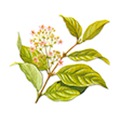
Ayahuasca
● Substance use disorder and alcohol dependence
Winkelman, M. (2014). Psychedelics as Medicines for Substance Abuse Rehabilitation: Evaluating Treatments with LSD, Peyote, Ibogaine and Ayahuasca. Current Drug Abuse Reviews 7, pp. 101-116.
Winkelman (2014) describes a successful addiction treatment center called Takiwasi. “For more than 20 years, Jacques Mabit and the Takiwasi center in Peru has been a pioneer in the use of ayahuasca treatments for addiction. The Takiwasi program incorporates ayahuasca in ritual treatments for addicts in remote settings in the Peruvian Amazon. The Takiwasi program is known for its work with cocaine and cocaine paste addicts, as well as a variety of polysubstance users.
Loizaga-Velder, A. and R. Verres (2014). Therapeutic effects of ritual ayahuasca use in the treatment of substance dependence–qualitative results. Journal of Psychoactive Drugs 46(1), pp. 63-72.
Loizaga-Velder and Verres (2014) qualitative research findings indicate that ayahuasca can serve as a valuable therapeutic tool that, in carefully structured settings, can catalyze neurobiological and psychological processes that support recovery from substance dependencies and the prevention of relapse.
● Treatment-resistant depression
Palhano-Fontes, F., Barreto, D., Onias, H., Andrade, K., Novaes, M., Pessoa, J., . . . Araújo, D. (2019). Rapid antidepressant effects of the psychedelic ayahuasca in treatment-resistant depression: A randomized placebo- controlled trial. Psychological Medicine, 49(4), 655-663. doi:10.1017/S0033291718001356
Palhano-Fontes et al. (2019) randomized placebo controlled trial found significant decreased depression severity, which persisted two and seven days after the trial. For example, on Day 7 the Hamilton Depression Rating scale remission rate was 43% in ayahuasca versus 13% in placebo, and the MADRS remission rate showed 36% ayahuasca and 7% placebo.
● Recurrent depression
de L. Osório, F., et al. (2015). Antidepressant effects of a single dose of ayahuasca in patients with recurrent depression: a preliminary report. Revista Brasileira de Psiquiatria 37(1), pp. 13-20.
de L. Osório, F. et al. (2015) preliminary report on the antidepressant effects of a single dose of ayahuasca suggest fast-acting anxiolytic and antidepressant effects in patients with a depressive disorder.
● Grief
González, D., et al. (2017). Potential Use of Ayahuasca in Grief Therapy. OMEGA—Journal of Death and Dying, pp. 1-26.
Gonzalez et al. (2017) comparison between 6 (avg.) ayahuasca experiences compared to 12 months of peer support found 83.3% (25/30) believed their ayahuasca-drinking experience had a very positive influence on their grieving process 16.7% (5/30) felt it had a positive influence.
● Neuroprotective and Parkinson’s
Samoylenkoa, V., et al. (2010). Banisteriopsis caapi, a unique combination of MAO inhibitory and antioxidative constituents for the activities relevant to neurodegenerative disorders and Parkinson’s disease. Journal of Ethnopharmacology, 127 (2), pp. 357–367. doi:10.1016/j.jep.2009.10.030.
University of Mississippi: Samoylenko et al. (2010) study shows inhibition of MAO-B activity by β-carbolines harmine (7) and harmaline (6), in addition to potent MAO-A inhibition responsible for antidepressant activity, provide protection against neurodegeneration, and has a potential therapeutic value for the treatment of Parkinson’s diseases.
Djamshidian, A. , Bernschneider-Reif, S. , Poewe, W. and Lees, A. J. (2016), Banisteriopsis caapi, a Forgotten Potential Therapy for Parkinson’s Disease?. Mov Disord Clin Pract, 3: 19-26. doi:10.1002/mdc3.12242
Djamshidian’s (2015) research proposes that harmine should be reconsidered as a potential rapidly acting anti-Parkinsonian agent.
● Evidence of health and safety
Halpern et al. (2008) study shows physical exam and test scores revealed healthy subjects. Members claimed psychological and physical benefits from ayahuasca. 19 subjects met lifetime criteria for a psychiatric disorder, with 6 in partial remission, 13 in full remission, and 8 reporting induction of remission through Church participation. 24 subjects had drug or alcohol abuse or dependence histories with 22 in full remission, and all 5 with prior alcohol dependence describing ayahuasca-based church participation as the turning point in their recovery.
Harris, R., and Gurel, L. (2012). A Study of Ayahuasca Use in North America. Journal of Psychoactive Drugs 44(3): 209-215.
Harris and Gurel (2012) qualitative study reveals that ayahuasca users reduced their alcohol intake, ate healthier diets, enjoyed improved mood and greater self-acceptance and felt more loving and compassionate in their relationships.
● Diabetes
Wang, P. et al., (2015). A high-throughput chemical screen reveals that harmine-mediated inhibition of DYRK1A increases human pancreatic beta cell replication. Nature Medicine 21, pp. 383–388.
Wang et al. (2015) study using three different mouse and human islet in vivo–based models, we show that harmine is able to induce beta cell proliferation, increase islet mass and improve glycemic control. These observations suggest that harmine analogs may have unique therapeutic promise for human diabetes therapy.
● Recidivism
In 2013, volunteer therapists working with Acuda, a prisoner’s rights group based in Port Velho, Brazil, began integrating yoga, reiki, and ayahuasca ceremonies as part of a wide- scale rehabilitation effort to help the half-million-plus inmates scattered across the nation.
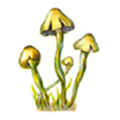
Psilocybin from Psilocybe mushrooms
● Smoking Cessation
Johnson, M. et al. (2017). An online survey of tobacco smoking cessation associated with naturalistic psychedelic use. Journal of Psychopharmacology 31 (7), pp. 841-850.
Johnson et al. (2014) open-label, proof of concept study found the clinical outcome of successful smoking cessation in 80% of the sample (12/15 participants), with biologically verified abstinence 6 months after each participant’s planned quit date. 73% of participants rated at least one of their sessions as among the top five most spiritually significant experiences of their lives.
● Alcohol dependence
Bogenschutz, M., et al. (2015). Psilocybin-assisted treatment for alcohol dependence: A proof-of-concept study. Journal of Psychopharmacology 29(3), pp. 289-299.
Bogenschutz et al. (2015) proof of concept study found patients in the study exhibited a significant improvement in drinking after their first psilocybin session and scores on ratings of psilocybin-occasioned mystical experience correlated strongly with change in drinking behavior.
● Treatment resistant depression
Lyons, T. and Carhart-Harris, R. (2018). Increased nature relatedness and decreased authoritarian political viewsafter psilocybin for treatment-resistant depression. Journal of Psychopharmacology, 32(7), pp. 811–819.
Centre for Psychiatry, Department of Medicine, Imperial College London: Lyon et al (2018) study on depressive symptoms: One week after psilocybin treatment, depressive symptoms were significantly reduced to levels more comparable with controls. The patients’ depressive symptoms remained significantly reduced at the 7–12-months follow-up.
● End-of-life anxiety
Ross, S., et al. (2016). Rapid and sustained symptom reduction following psilocybin treatment for anxiety and depression in patients with life-threatening cancer: a randomized controlled trial. Journal of Psychopharmacology, 30(12), pp. 1165-1180.
New York University: Ross et al. (2016) double-blind, placebo-controlled, crossover trial, on 29 patients with cancer-related anxiety and depression found “immediate, substantial, and sustained improvements in anxiety and depression and led to decreases in cancer-related demoralization and hopelessness, improved spiritual well being, and increased quality of life.” At the 6.5-month follow-up “approximately 60–80% of participants continued with clinically significant reductions in depression or anxiety.”
● Openness
MacLean, K., et al. (2011). Mystical experiences occasioned by the hallucinogen psilocybin lead to increases in the personality domain of openness. Journal of Psychopharmacology, 25(11) 1453–1461.
Johns Hopkins Medical School: MacLean et al. (2011) combined two double blind studies with 52 participants to show significant increases in Openness after a high dose psilocybin session with mystical experiences that were larger in magnitude than changes in personality typically observed in healthy adults over decades of life experience. Openness remained significantly higher than baseline more than 1 year after the session.
● Nature-Relatedness
Lyons, T. and Carhart-Harris, R. (2018). Increased nature relatedness and decreased authoritarian political views after psilocybin for treatment-resistant depression. Journal of Psychopharmacology, 32(7), pp. 811–819.
Centre for Psychiatry, Department of Medicine, Imperial College London: Lyons et al. (2018) open-label pilot study with a mixed-model design on treatment resistant depression found patients reported being significantly more connected to nature 1 week and 7–12 months after psilocybin treatment compared with baseline.
● Decreased Authoritarian
Lyons, T. and Carhart-Harris, R. (2018). Increased nature relatedness and decreased authoritarian political views after psilocybin for treatment-resistant depression. Journal of Psychopharmacology, 32(7), pp. 811–819.
Centre for Psychiatry, Department of Medicine, Imperial College London: Lyons and colleagues (2018) open-label pilot study with a mixed-model design on treatment resistant depression found patients were significantly less authoritarian 1 week after psilocybin treatment and a trend-level decrease was found at 7–12 months compared with baseline.
● Most Meaningful
Griffiths, R., Richards, W., Johnson, M., McCann, U., & Jesse, R. (2008). Mystical-type experiences occasioned by psilocybin mediate the attribution of personal meaning and spiritual significance 14 months later. Journal of psychopharmacology (Oxford, England), 22(6), 621–632. doi:10.1177/0269881108094300
Johns Hopkins Medical School: Griffiths et al. (2006, 2008) 67% of the volunteers rated the experience with psilocybin to be either the single most meaningful experience of his or her life or among the top five most meaningful experiences of his or her life, which continued at the 14-month follow-up. 79% of the volunteers rated that the psilocybin experience increased their current sense of personal well-being or life satisfaction “moderately” (50%) or “very much” (29%) Lifetime mystical experience and spiritual transcendence scores were significantly higher in the group that received psilocybin. These results were relatively the same after a 14-month follow-up.
● Mystical experiences
Griffiths, R., Richards, W., Johnson, M., McCann, U., & Jesse, R. (2008). Mystical-type experiences occasioned by psilocybin mediate the attribution of personal meaning and spiritual significance 14 months later. Journal of psychopharmacology (Oxford, England), 22(6), 621–632. doi:10.1177/0269881108094300
Johns Hopkins Medical School: Griffiths et al. (2006, 2008) 22 of the total group of 36 volunteers had a “complete” mystical experience after psilocybin, staying relatively the same after a 14-month follow-up.
General Benefits Indoleamine compounds
● Reduced suicidality
Hendricks, P., et al. (2015). Psilocybin, psychological distress, and suicidality. Journal of Psychopharmacology, 29(9), pp. 1041–1043.
Hendricks et al. (2015) found that having ever used any classic psychedelic substance— namely, dimethyltryptamine (DMT), ayahuasca… mescaline, peyote or San Pedro, or psilocybin—was associated with a significantly reduced likelihood of past month psychological distress, past year suicidal thinking, past year suicidal planning, and past year suicide attempt in the United States adult population.
● Cluster Headaches
Schindler, E. et al., (2015) Indoleamine Hallucinogens in Cluster Headache: Results of the Clusterbusters Medication Use Survey, Journal of Psychoactive Drugs, 47(5), pp. 372-381. DOI:10.1080/02791072.2015.1107664
Schindler et al. (2015) survey from Cluster Buster Headaches 496 respondents with diagnosis of cluster headache verified by a neurologist or headache specialist. “Psilocybin… along with another hallucinogen, DMT, were used daily to weekly for abortive purposes (n = 23). For prevention, they were used every few weeks to twice yearly (n = 80). The word “single” or “once” to indicate one dose of psilocybin or LSD was clearly written by eight responders. In contrast to these conventional medications, the current study shows that psilocybin and LSD provided over 70% of those who tried them with at least moderate protection from attacks. Complete preventive efficacy was about 40% for each drug, which is greater than that reported for any other conventional medication.”
● Intimate Partner Violence & Recidivism
Walsh, Z. , et al. (2016). Hallucinogen use and intimate partner violence: Prospective evidence consistent with protective effects among men with histories of problematic substance use. Journal of Psychopharmacology, pp. 1- 7. DOI:10.1177/0269881116642538.
Walsh et al. (2016 ) study of 302 inmates at a US county jail found that any lifetime use of hallucinogens was associated with lower rates of Intimate Partner Violence; 26.79% of the hallucinogen-use group were arrested for later IPV (mean survival time=62.76 months) compared with 41.79% of the group that reported no hallucinogen use (mean survival time=54.85 months). 13.64% of the lifetime hallucinogen-use disorder group were arrested for IPV (mean survival time=68.82 months) compared with 35% of the group that reported no lifetime hallucinogen use disorder (mean survival time=58.50 months).
● Recidivism
Hendricks, P. S., Clark, C. B., Johnson, M. W., Fontaine, K. R., & Cropsey, K. L. (2014). Hallucinogen use predicts reduced recidivism among substance-involved offenders under community corrections supervision. Journal of Psychopharmacology, 28(1), 62–66. https://doi.org/10.1177/0269881113513851
University of Alabama Observational Study: Hendricks (2014) collected data from 25,622 individuals charged with a felony and under community corrections supervision for individuals with a history of substance involvement. Hallucinogen use disorder was associated with a decreased probability of supervision failure. This stands in contrast to any cannabis, cocaine, alcohol, opiate, and amphetamine use disorder, each of which was associated with an increased probability of supervision failure. Any hallucinogen use disorder was the third strongest predictor of supervision outcome among all predictors, trailing only any cocaine use disorder and any cannabis use disorder (both predicting failure).
Additional Resources
• Mushrooms: https://www.iceers.org/psilocybin-mushrooms-basic-info/
• Cacti containing mescaline: https://www.iceers.org/san-pedro-basic-info/
• Ayahuasca: https://www.iceers.org/ayahuasca-basic-info/
• Iboga: https://www.iceers.org/iboga-basic-info/
Deprecated: Function wp_make_content_images_responsive is deprecated since version 5.5.0! Use wp_filter_content_tags() instead. in /home/1/g/gm/gmo917/decrimnaturedc.org/public_html/wp-includes/functions.php on line 6078
Primary Principles, Positions, and Our Commitments to the District of Columbia
Our Primary Principles
- The wave of psychedelic legalization is inevitable in the US, driven by an overwhelming number of scientific studies demonstrating their benefits for health and wellness.
- The choice by the DC Council and, to some extent, Congress, will determine if legalization occurs in a way that allows equitable access for all people, or only those who can afford expensive clinical treatments.
- The choice by the DC Council and, to some extent, Congress, will determine if we strengthen our connection with nature at this critical moment, or continue to deconstruct this relationship, legalizing one compound at a time.
- Entheogenic plants and fungi are sacred, and should not be commodified or taxed.
Our Primary Positions
Why should we decriminalize all entheogenic plants and fungi on Schedule 1?
- They are not addictive, in fact, they can be helpful in addiction treatment. Attention to the appropriate set, setting, and dosage, can greatly reduce potential risks and negative impacts; and can be beneficial in treating trauma, and reducing intimate partner violence and recidivism.
- Thousands of years of practices across the globe highlight entheogens healing and spiritual potentials.
- People should have the inalienable rights to engage with naturally occurring plants and fungi in the manner they feel appropriate for themselves
- These plants and fungi were placed on the Federal Schedule 1 without any scientific research, based on Nixon’s intention to arrest the leaders within the African American civil rights movements and the leaders of the anti-war movements and we should correct this historic wrong.
Why should we ensure equitable access to all people?
- The global drive to prioritize clinical and medical settings is inaccessible in both cost and ethos for those most in need, costing thousands of dollars for treatment to access material naturally occurring in plants.
- Basic human rights must include personal sovereignty, the capability to choose our own human experience. Adults are not children, and with proper education can be empowered to make their own decisions, a potent first step toward healing.
Why should we support a decriminalization approach that reconnects our roots to nature?
- While science, technology, and industrialization have expanded our capacity, they have also disconnected us from nature. We believe in the need to reconnect to nature now that we are at the crossroads of global climate change.
Our Commitment as Decriminalize Nature DC to the Residents of Washington, DC:
We commit to working with DC civic and community leaders and residents to pass a ballot initiative as well as develop an educational framework and program to ensure all residents can receive information, provided in a culturally relevant way, about effective and proper use, practice, set, setting, dosage, risk, and benefits in a way that enables greater personal choice and agency in healing.
Deprecated: Function wp_make_content_images_responsive is deprecated since version 5.5.0! Use wp_filter_content_tags() instead. in /home/1/g/gm/gmo917/decrimnaturedc.org/public_html/wp-includes/functions.php on line 6078
Inaugural Meetup
We are kicking off the Campaign to Decriminalize Nature DC and you are invited to join us in our efforts to reform laws for plant and fungi medicines in the District of Columbia!
Come for some free pizza and stay to help change the laws!
